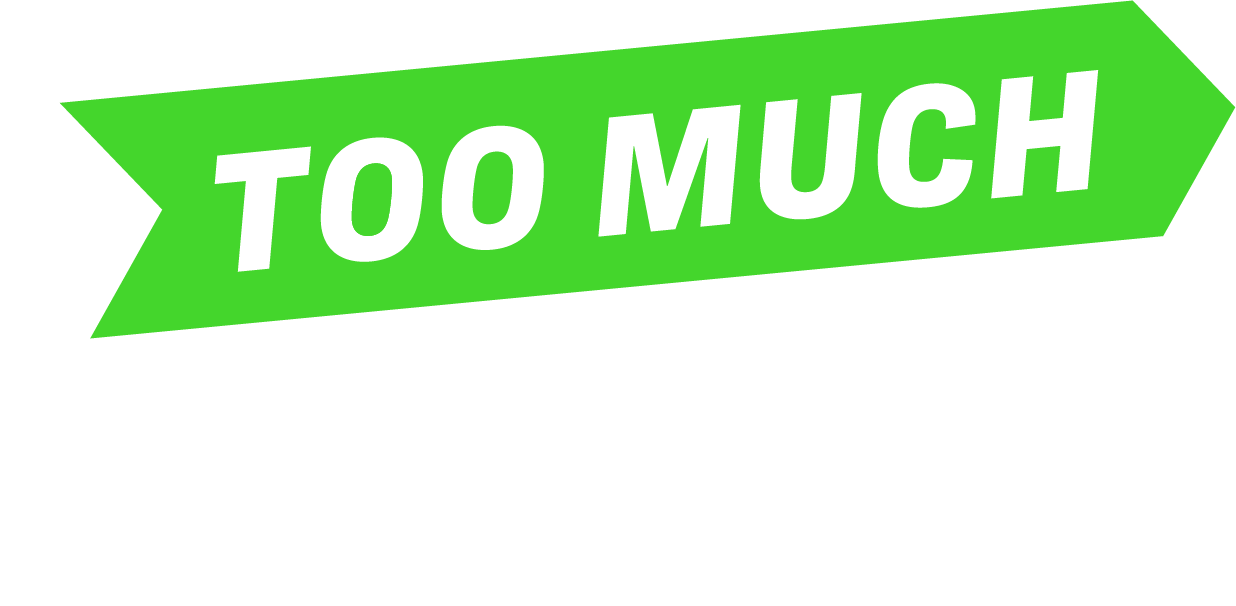Responsible Prescription Drug Use
How to Take Medications Safely
When you are prescribed a medication, it is important to use it responsibly. Follow the steps below for responsible prescription drug use.
Ask Your Healthcare Provider any Questions You Have
it is important to contact your healthcare provider if you are unsure about why you should be taking the medication or the directions on how to take your medication. Also, tell them if you notice it may be causing a new side effect or interacting with over-the-counter medications, alcohol, tobacco or caffeine.
Use Medication as Directed
follow the directions given to you by your health care provider and only use the medication for the symptoms or conditions it was prescribed for. If you are prescribed a pain medication after having surgery, do not take any remaining pills for an unrelated injury without first discussing it with your healthcare provider.
Develop a Routine for Taking Your Medication
whether it’s an antibiotic taken for a week, or a blood pressure medication taken long-term, developing a routine for taking a medication can help make sure you do not forget to take a dose. This could include setting a repeat alarm at the time you are supposed to take your medication.
Keep a List of Medications You Are Taking
sharing a list of your current prescriptions and over-the-counter medications or supplements with your healthcare provider can help prevent potentially harmful interactions or being prescribed similar medications by different providers. Be sure to include how often you take the medication and any medications that you recently stopped taking because medication can remain in your system for some time after you stop taking it.
Do Not Share Your Medication with Anyone Else
prescription medications should only be taken by the person they are prescribed for.
Check Active Ingredients
different medications can have the same active ingredients as each other or contain active ingredients also available in over-the-counter medications. For example, acetaminophen is an active ingredient in many prescription and over-the-counter pain medications that can cause serious side effects if more than the recommended dose is taken. Be sure to review the active ingredients of any medication you are taking to prevent accidental overdose.
Store Medication Safely
some medications may have special storage instructions such as needing to be stored in the refrigerator. If you have children or pets, medications should be stored in an area away from where they can access them. Also, if possible, have a childproof lid for your medications if there are young children in your home. If a child or someone else accidentally takes your medication, call the Poison Control Center (1-800-222-1222).
Dispose of Old Medications
expired medications or those that you are no longer taking should be disposed of through a drug take back site. If there are no take back sites near you, you can discard your medication in the trash by mixing it with items such as cat litter, coffee grinds or dirt and removing all personal information from the bottle. Some drugs can also be disposed of by flushing down the toilet. Refer to the FDA’s Flush List for more information on whether your medication can be disposed of safely in this manner.
